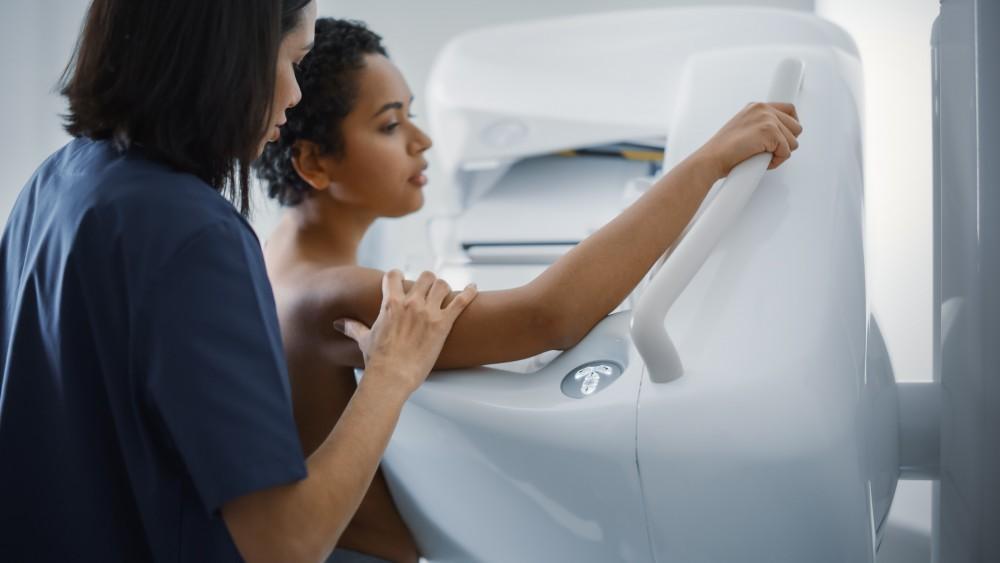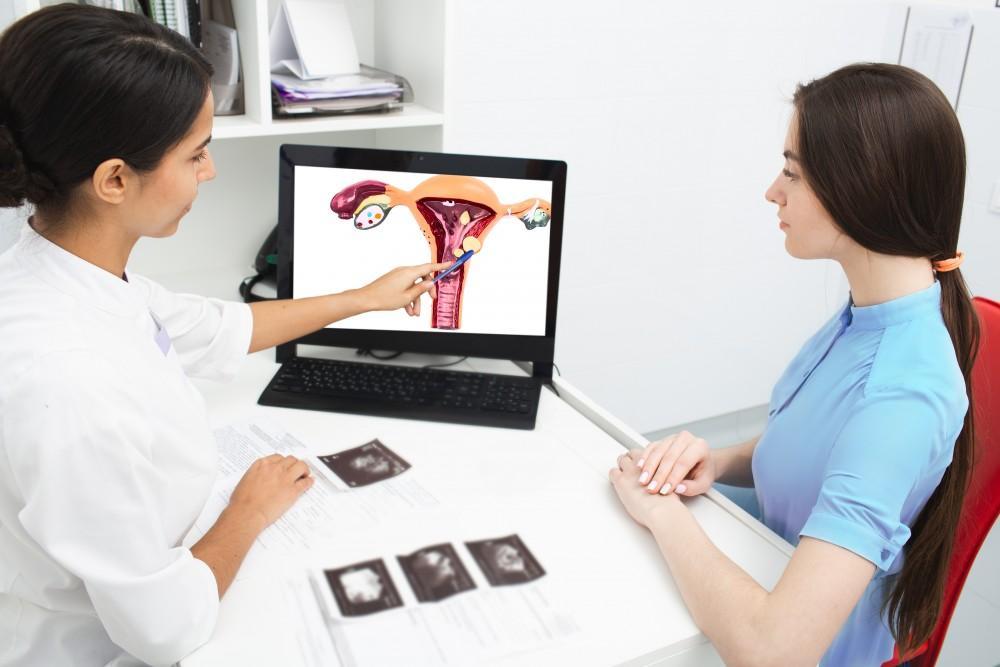
What to Expect From Your First 3D Mammogram
A mammogram is an X-ray of your breasts. It’s the best way to identify early...
Read MoreUp to 1 in 10 women of reproductive age suffers from polycystic ovary syndrome (PCOS). PCOS is a hormonal imbalance that interferes with ovulation, and it commonly causes irregular menstrual periods and infertility.
But the condition doesn’t just affect your reproductive health. Many women notice appearance changes — from weight gain to facial hair growth — that may severely impact their self-esteem.
It’s not clear exactly what causes PCOS, but it’s linked to high androgen and insulin levels, along with genetic factors. Every woman with PCOS experiences symptoms differently, but that doesn’t mean you can’t find treatment that works for you.
The board-certified gynecology team at The Women's Center specializes in treating PCOS. Today, we’re taking a closer look at why PCOS causes appearance changes, and what you can do to manage your condition and feel better.
Body weight and PCOS are interlinked, but experts aren’t sure exactly how. Being overweight or obese increases your risk of having PCOS, and having PCOS could put you at increased risk of obesity and health-related complications like metabolic syndrome and Type 2 diabetes.
Women with PCOS commonly struggle with weight gain and obesity, even if they follow healthy diet and exercise plans. Excess androgen and insulin in your body can make it harder to lose weight or keep it off long-term.
A common and distressing symptom of PCOS is male-pattern hair growth (hirsutism). It affects up to 70% of women with PCOS, and it’s typically caused by high androgen, a hormone that influences male characteristics.
You might notice hair growth in places where men usually have hair, and it often appears darker than other hair on your body. Hirsutism commonly appears in places like your face, chin, chest, back, arms, and abdomen.
PCOS can cause abnormal hair growth on your face and elsewhere on your body, but it may also cause the hair on your head to get thinner. Male-pattern baldness starts with a receding hairline, but women with PCOS may notice hair loss across their scalps.
Like hirsutism, male-pattern hair loss is linked to high androgen levels. Thinning head hair and baldness can be distressing for women dealing with PCOS.
Fluctuating hormone levels make acne a common problem for teens, but most people grow out of it by their 20s. However, women with PCOS may suffer from adult acne because they have higher androgen levels, and they may experience other hormonal imbalances.
You may notice acne on your face, chest, and upper back. Breakouts may be chronic and painful. Some women also develop skin tags, which are small flaps of skin around the neck or armpits.
If you’re experiencing symptoms of PCOS, it’s time to talk to your doctor. PCOS goes undiagnosed and untreated all too often, but several treatment options can relieve symptoms.
At The Women’s Center, our team begins with a comprehensive exam and a review of your medical history. We may order diagnostic tests, such as bloodwork, to confirm your diagnosis.
The right treatment for you depends on your lifestyle and goals. Women who aren’t actively trying to get pregnant may find that hormonal birth control helps to regulate hormones and minimize bothersome symptoms.
Losing weight and implementing healthy lifestyle changes can also make PCOS symptoms less severe.
If you’re trying to get pregnant, our team may recommend medication to regulate ovulation or fertility treatments like in-vitro fertilization (IVF). Although PCOS is a common cause of infertility, many women diagnosed with PCOS go on to have healthy pregnancies with treatment.
PCOS is a medical condition that not only impacts your reproductive health, but your appearance and your self-confidence too. Find personalized treatment with our compassionate team at The Women’s Center. Contact the Orlando, Florida-area office nearest you for your first appointment.




A mammogram is an X-ray of your breasts. It’s the best way to identify early...
Read More
About 1 in 10 women has ovarian cysts. These small growths form on your ovaries,...
Read More
If you and your partner have decided you’re ready to start growing your family, you’re...
Read More